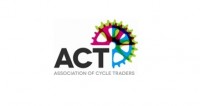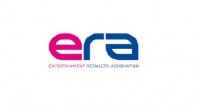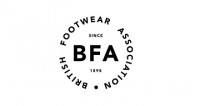UK consumer safe charity calls on government to better regulate e-bikes, e-scooters and batteries.
Posted on in Business News , Cycles News
Consumer safety charity Electrical Safety First has called again for e-bikes, e-scooters and their batteries to be better regulated in the UK after New York City recently introduced rules that require them to be certified as safe by a third-party organisation.

The rules, which came into force on September 16, made the city the first in the USA to have introduced new regulations in a bid to tackle e-bike and e-scooter fires.
Electrical Safety First says the UK Government should adopt a similar approach that would see the devices regulated in the same way as fireworks. At present, manufacturers can self-declare their devices are safe.
New York City Council said there were 154 lithium battery fires in the city as of August this year, killing 14 people and injuring 93.
It recently approved a trade-in programme that will provide people with new lithium-ion batteries - as well as e-bikes and e-scooters - at reduced or no cost in exchange for used ones that do not meet fire safety standards or are otherwise illegal.
Lesley Rudd, chief executive of Electrical Safety First, quoted by Road.cc, said: “Time is of the essence. The UK Government needs to take urgent action to improve e-bike and e-scooter safety as more deaths are occurring right across the country.
“The UK should give serious consideration to following the example of New York City where decisive action has been taken to save lives. There is no silver bullet to tackle e-bike fires, however it is clear more lives will be lost if nothing is done.
“The e-bike sector could also face bans in the future if the dangers are not addressed. Implementing the recommendations in our report would protect good manufacturers, weed out the bad ones and most importantly save lives.”
Electrical Safety First's report, Battery Breakdown, lays out a series of recommendations to the Government, including a ban on ‘universal’ e-bike chargers, the development of a product standard specific to conversion kits, and legislation to make online marketplaces take reasonable steps to prevent or delist unbranded and potentially non-compliant conversion kits.





















